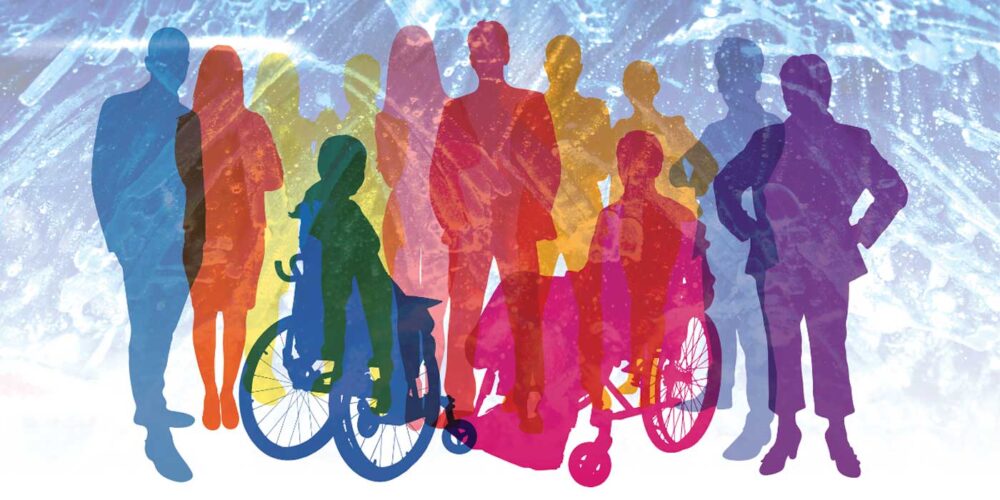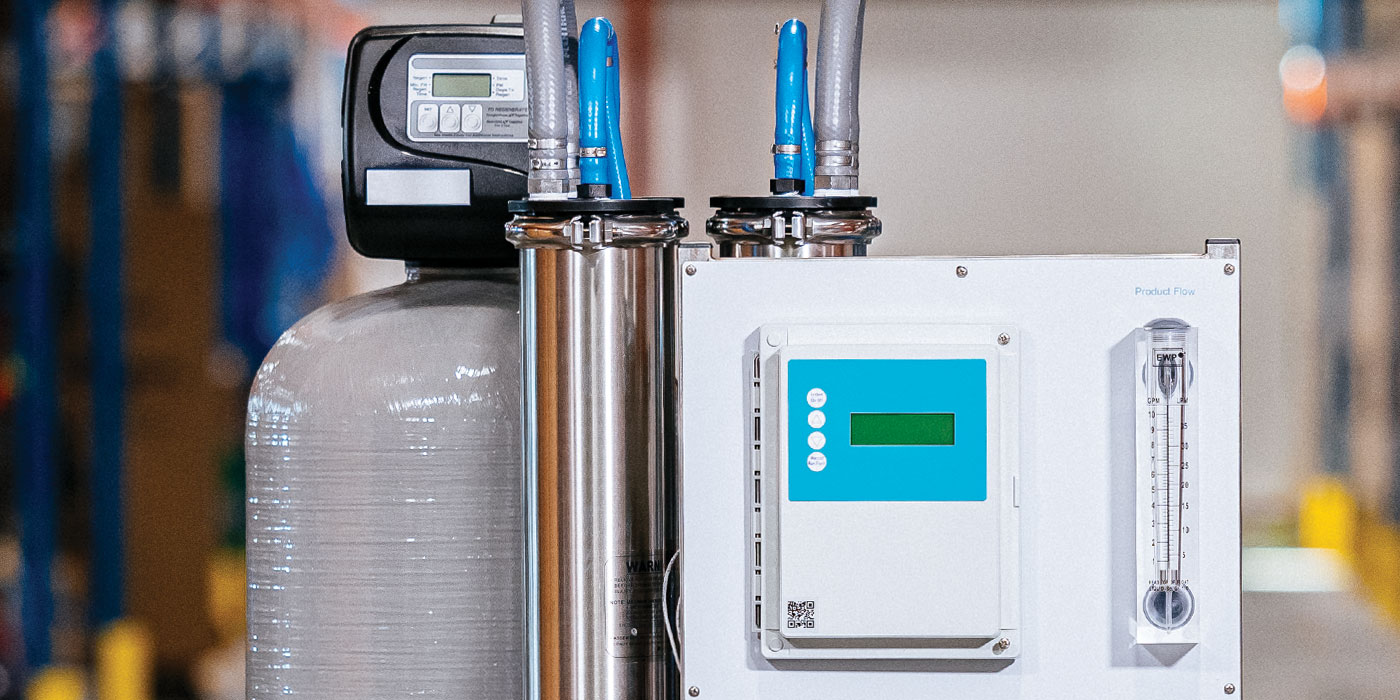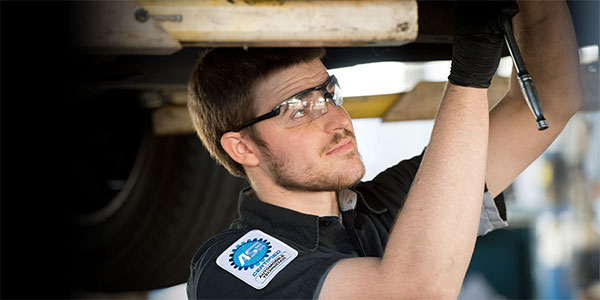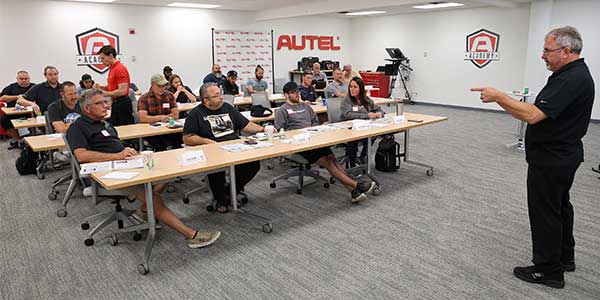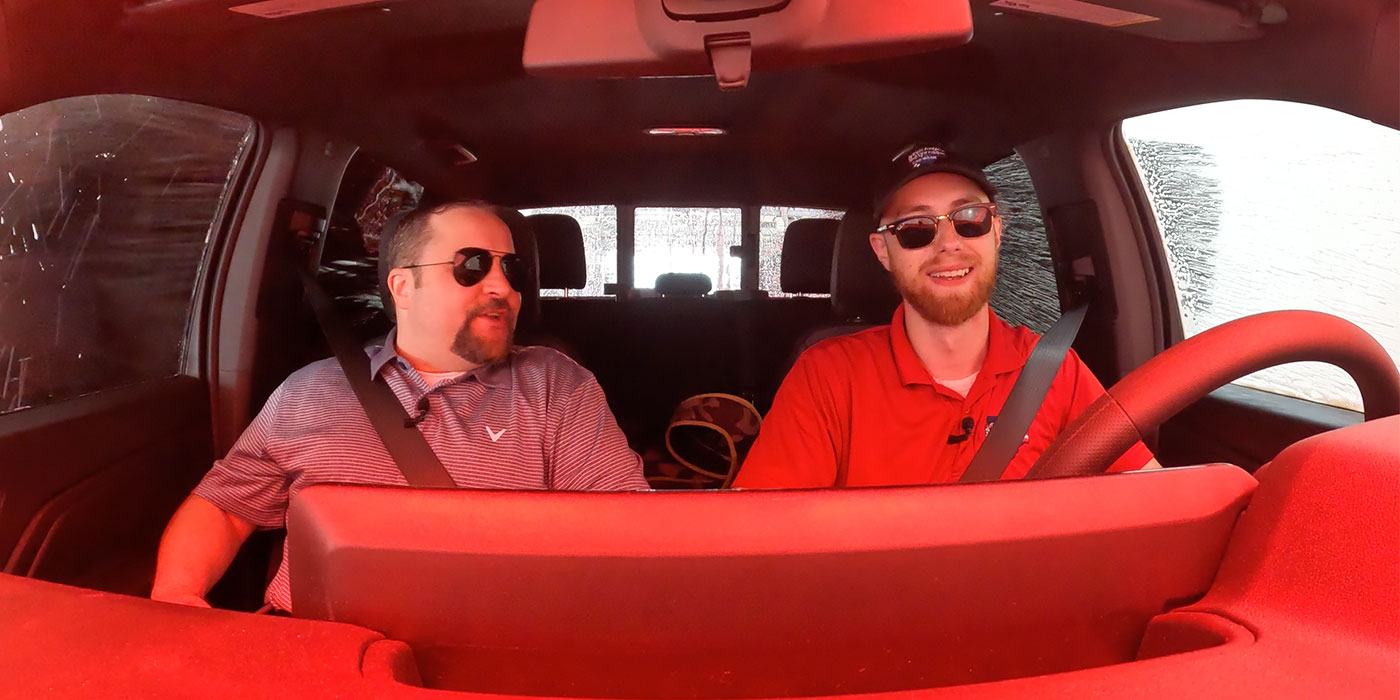There is no such thing as being too prepared when it comes to operating an active car care business. On-site accidents and damage claims can prove costly, and best-in-class locations are not content with “what ifs” after such events occur. Instead, experienced and engaged wash operators invest time and money in thorough training processes and accident prevention steps.
No time to read this article? Listen to it instead!
Developing effective ways to educate employees, management and customers are all best preparation practices for carwashes of all formats and sizes. These practices can be especially important when new automotive technology is introduced. Operators should call on proven methods to generate written response procedures, employee training programs and set action plans to keep everyone on-site safe. In the end, protecting people in and around the wash from the common hazards found in fast-moving tunnels or bays also ensures profitability.
Important preparation
Generally, carwash accidents happen when an operator or manager least expects them, according to Steven Vugrin of NoPileups by DRB Systems. Typically, accidents occur during the busiest days, and they can majorly impact business and sales. Imagine if, a few days after a big snow, the sun is out and a wash has a line of customers. The location is on track to have a thousand-vehicle day. Then, the unexpected happens: The tunnel is down due to an on-site collision.
“You’ve got angry customers in the tunnel, people are getting out of line, and you’re tied up completing paperwork,” Vugrin says. “If you’re not prepared to handle something like that, you could lose hundreds or even thousands of dollars you’ll never get back.”
The bigger and the busier the operation, the more chances there are for frequent issues, states David Snyder, risk management program specialist with McNeil & Co. Not thinking ahead and having set procedures in place can cost an owner a lot of money, but even worse, an unprepared wash could end up paying a claim where there was no actual fault. These incidents can include personal injury accidents to employees or customers and property or equipment damage from vehicle collisions. Even on-site fires can result from these accidents or collisions.
Related: Anti-collision equipment for tunnel washes
Creating a safe environment for everyone on-site is the ultimate goal of accident preparation. Gil Castro, director of operations with Zips Car Wash, explains, “We feel it is important that our team members are trained to manage on-site accidents in order to make sure we provide a safe environment for customers and team members.”
Ensuring the safety of customers and employees alike is one responsibility of a business operator. Even so, all owners are likely to be the target of a personal injury or property damage liability claim at some point, notes Kimberly Grizzle, marketing and business development with The Insurancenter. When an accident occurs, the operator needs to implement incident report procedures to prove who is financially responsible. The customer’s due diligence can be equally as imperative.
Related: Insurance for emergencies
Accidents and auto tech
As carwash operators know, there are some modern automotive technologies that can cause tunnel pileups, Snyder reveals. This vehicle technology can cause accidents on-site if staff members are not trained to properly identify problem models. This is one reason the employees an owner selects to be loaders need to be a site’s shining stars. They can be the gatekeepers protecting a wash’s profits.
Loaders need to know which vehicles are equipped with collision avoidance systems or automatic emergency braking that may cause an automatic stop due to a water curtain or mitter cloths. Vehicles with electric parking brakes can pose another set of issues, Snyder continues. It is critical employees keep track of these vehicles and note any work-arounds to make sure customers are moving through the wash as intended.
Grizzle also points out that forward collision mitigation systems cause issues because sensors cannot differentiate a wall from a soft curtain inside the carwash. Auto-braking system sensors and electronic parking brakes can further hold up the wash queue. Thankfully, auto-braking and electronic emergency braking systems sensors have no effect in carwashes with a conveyor belt system rather than the conventional chains and rollers.
Related: Problems vehicles at the carwash
But wash issues are no longer caused solely by auto-braking systems, Vugrin notes. Recently, a video was shared online of a customer’s running boards on an SUV extending and causing wash problems. Also, extra-wide trucks like the Toyota Raptor are getting hung up on equipment. Finally, there is some information available on a problem caused by a lane departure system in a new vehicle. The system can “auto-correct” a vehicle out of a carwash’s track.
Other technology problems that can create potential damage claims are automatic windshield wipers that come on when they sense water, Snyder states. Also, keyless entry systems with keypads on the outside of the vehicle can go into theft prevention mode from being “touched” too many times.
Advanced safety systems are going to remain a carwashing challenge moving forward, but some auto manufacturers are starting to respond, Vugrin explains. There is one high-end vehicle that, when in carwash mode, will automatically do things like retract mirrors to help reduce damage risks. Ideally, customers need to be aware of these modes and turn them on when entering a carwash.
Safety training
Thorough safety education for employees should start on day one. Castro says, “I found out early in my career that even the best of us can make a mistake that can lead to serious injuries, so continual training is how Zips Car Wash likes to approach things.”
The first topic of employee training on-site should be safety, Castro notes. This training includes when and where to wear personal protective equipment (PPE), equipment hazards, chemical hazards, incident reporting, emergency stops and the location of safety data sheets (SDSs). The washes Castro is responsible for keep one copy of SDS materials by chemical stations, one copy in the office and one electronic version on a computer.
Other crucial training steps Castro lists are:
- Providing the proper PPE for team members, including safety glasses, nitrile gloves and ear protection
- Requiring the first step in performing any maintenance to be to turn off and lock out power on all equipment
- Inviting third-party vendors to conduct on-site assessments in order to help identify risks.
Snyder agrees, noting that best-in-class operations will always have a formal, written orientation process in place. Businesses should take the time to teach employees what all of the equipment is on-site, along with the chemicals being used and what each does. This education not only acts as a safety protocol, but when asked questions by customers, this information can also show that wash employees are educated.
“By educating your staff, you are escalating their customer service skills, which will reassure customers they have come to the right place,” Snyder states. “This will also help upsell additional services.”
Meetings and updates are also essential. Snyder notes that the best operators have frequent safety tailgate talks to hit upon specific issues in a short time frame — maybe five to 10 minutes. These talks can discuss things such as a near-miss incident that occurred as well as prevention moving forward. Monthly or quarterly training sessions can cover bigger topics.
Here, learning can cover items such as dealing with an accident on-site and properly gathering all the pertinent information for a strong incident report. Collecting the evidence needed to show what happened is another integral skill.
Other necessary training information will include showing staff how to load vehicles properly. Also, steps can be shared on what to do should someone jump the track to keep damage from occurring to the wash or the customer’s vehicle. Snyder continues, “There are many items covered in quality training sessions. I can’t stress enough how the money spent on training will be a solid return on any operation’s investment, long term.”
Grizzle reinforces the importance of having a set safety manual, explaining that it is pertinent for both prevention and response. Manuals help identify all operating procedures, mandatory guidelines and steps for managers and supervisors to ensure that employees follow all policies. Any new employee’s on-boarding processes should include these accident prevention and response procedures. Finally, washes should always include accident prevention protocol in monthly safety meetings as a regular reminder.
Prevention steps
Accident prevention is always important, and a proactive approach to establishing safety measures should be the norm for any business operation, according to Grizzle. Premises maintenance, properly functioning equipment and making sure all employees are well-trained with procedures to prevent accidents are best practices for every wash location.
The main prevention steps that Grizzle recommends are:
- Strategically placing instructional signage
- Attendants communicating and instructing patrons
- Inspecting equipment daily
- Properly maintaining the premises.
Preventative maintenance, employee training and clearly communicating with the customer are great steps carwashes can take to stymie accidents, Vugrin concludes. Even little things like making eye contact and smiling at the customer at the load point helps. This behavior gets the customer’s attention, so he or she is more likely to notice instructions and feel relaxed going into the tunnel. Then, a carwash will want to use some of the advanced monitoring technologies available today as a failsafe should an employee miss something or a customer do something unexpected in the tunnel.
“Employing tunnel management solutions to monitor the tunnel greatly helps to minimize risk and gives employees a backup,” Vugrin says.
Charles Brady is a freelance contributor.






